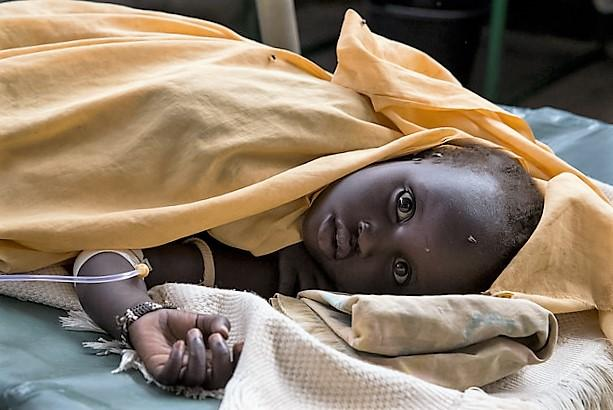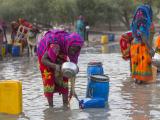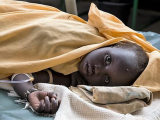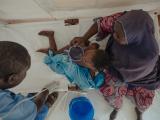Untreated cholera, which spreads through water and food contaminated with Vibrio cholerae bacteria, can be fatal within hours but may cause no or mild symptoms. The disease poses the greatest risk to children younger than 5 years. Cholera is treated using an oral rehydration solution for most patients, while intravenous fluids and antibiotics are used for those with severe infections.
Warnings stretch back years
Earlier this month, the World Health Organization (WHO) highlighted the dire situation in a cholera update. "From January 2023 to January 2024, urgent requests for OCV surged, with 76 million OCV doses requested by 14 countries while only 38 million doses were available during that time period," the WHO wrote.
The WHO in January 2023 classified the worldwide resurgence as a grade 3 emergency—its highest internal emergency level. Cholera cases were reported in 30 countries across five WHO regions, including 9 countries that documented more than 10,000 infections in 2023, a year in which 14 countries requested 76 million cholera vaccine doses, but only 38 million were available.
Gavi, the Vaccine Alliance, warned in August 2023 that the world was not ready for future cholera surges. Earlier that year, it noted, officials in Malawi responding to an outbreak asked for more vaccine doses, only to receive less than a quarter of the number requested from the International Coordinating Group (ICG), an expert committee that manages emergency supplies of different vaccines. By then, 1,700 Malawians had died.
As far back as October 2022, the ICG, whose membership includes MSF, decided to stretch limited cholera vaccine supplies by temporarily reducing the number of doses per person from two to one. Nearly 18 months later, the vaccine situation is even worse, MSF noted in the release.
Vaccines part of multipronged approach
And the threat is growing. In January 2024 alone, 17 countries in WHO's Africa, Eastern Mediterranean, Americas, and Southeast Asia regions reported 40,900 cholera cases and 775 deaths. The most prominent surges were reported by Zambia and Zimbabwe.
"Vaccines are just one of the prevention tools," Garone said. "The control of cholera also depends on providing safe water and sanitation, enhancing disease surveillance and diagnosis, and—more importantly—ensuring early access to treatment and care when an outbreak does occur."
MSF said its teams are also running cholera units to treat patients in medical facilities and have set up bigger, separate cholera centers that can admit hundreds of patients at once. The rise in cholera has been fueled by factors such as climate change–related floods and droughts, war, and forced displacement, as access to clean water is often limited in refugee and displacement camps.






















